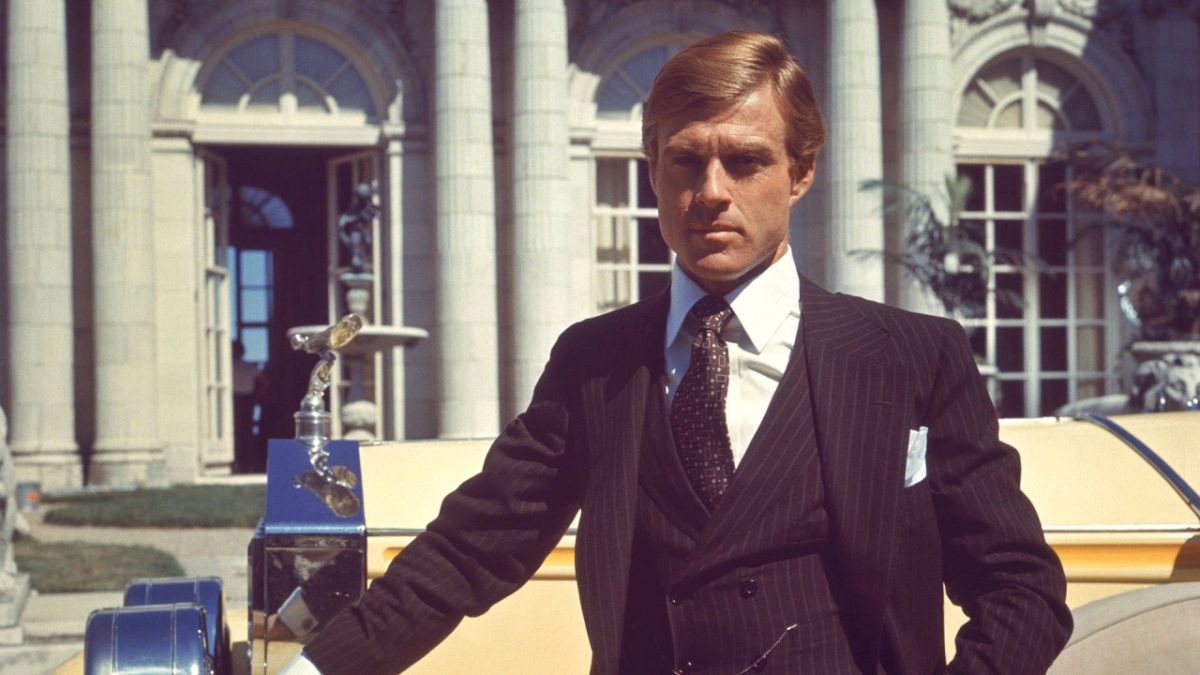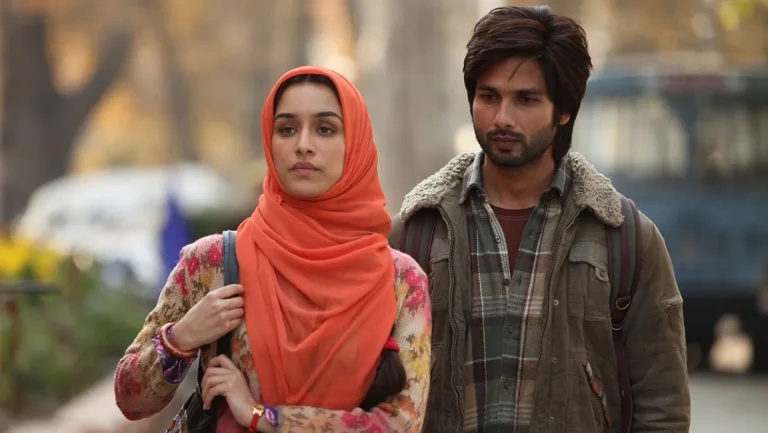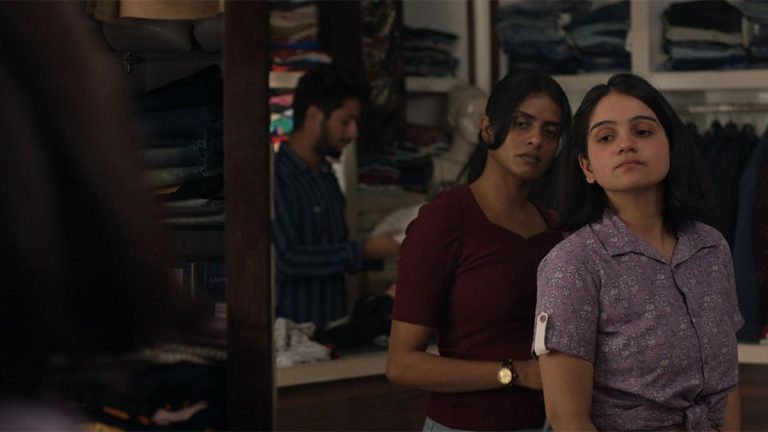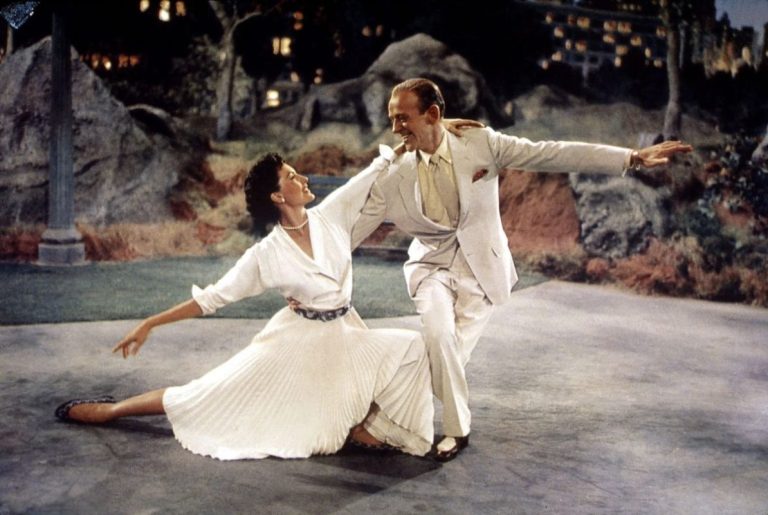Robert Redford is the rare titan of the industry who radically reshaped multiple crafts and remained an inspirational figure for nearly six decades since his breakthrough. As an actor, Redford represented an old-fashioned class of charismatic, unequivocally heroic leading men, but also a star who showed a willingness to adapt to the experimentation of New Hollywood. As a director, Redford used his clout to spotlight small, introspective stories about the human experience, and didn’t make vain attempts to always place himself in the spotlight. Perhaps most important is Redford’s contributions to independent cinema through the Sundance Film Festival; it’s safe to say that without the opportunities that Redford created, a vast majority of today’s greatest filmmakers would have never earned their breakout opportunities.
Redford’s rise to stardom is a classical tale of an undeniable talent; although the romantic comedy “Barefoot in the Park” and the Marlon Brando vehicle “The Chase” wouldn’t be necessarily listed as classics, the sheer force of Redford’s charisma seemingly announced a figure who would be an important part of the industry moving forward. Beyond his classical good looks, charming self-awareness, and ability to speak with conviction, Redford was someone who understood the way he appeared on camera and took advantage of the medium. The only way for his personality to not completely envelop his co-stars was to cast him alongside an established legend; with “Butch Cassidy and the Sundance Kid,” Redford and Paul Newman created one of the most iconic depictions of friendship in cinematic history.
“Butch Cassidy and the Sundance Kid” is pure movie magic; it’s a western, a farce, a romance, an adventure, a tragedy, and a whimsical rewriting of history all at once. It’s one of the rare films that can be enjoyed by audiences of any age but understood more deeply by those who have gone through the same experiences as the characters. Even if Redford was playing another dashing rogue with a resistance to authority, there was a dignity and compassion to the role that made him unique. It’s not hard to see why Redford became such a successful activist and political speaker; he’s someone whose unencumbered sincerity and thoughtful eloquence were apparent whenever asked to discuss important matters.
It was this wholesome familiarity that made Redford well-equipped to play many different screen heroes, as he had the ability to play the expert in a field who could also be someone’s next-door neighbor. There was a diversity to the roles he took on, as Redford always showed willingness to adapt to the material; whether he was an arrogant Olympic competitor in “Downhill Racer,” a lonesome mountain man in “Jeremiah Johnson,” an ambitious politician in “The Candidate,” or one of literature’s most iconic characters in “The Great Gatsby,” Redford imbued his performance with the appropriate degree of weight and sensitivity.
The New Hollywood movement of the 1970s allowed for the industry to put its money where its mouth was when it came to advocating for social, political, and moral causes. Redford, a lifelong advocate for the environment, LGBT allyship, Native American rights, and restrictions on federal authority, was more than willing to put Washington, D.C., on blast during one of the most chaotic decades in American history. “Three Days of the Condor” warned of the insidious conspiracies covered up within governmental infrastructure, and “All the President’s Men” tackled a recent tale of corruption at the highest level. Even his more crowdpleasing adventure films, such as “The Electric Horseman” and “The Great Waldo Pepper,” spoke to the importance of blue-collar craftsmen who were willing to put in hard work.
Redford’s peak as a movie star came in 1973 when “The Sting” reunited him with Newman for another electrifying caper. “The Sting” is Hollywood escapism at its best, and won the Academy Award for Best Picture after a legendary run at the box office. Redford’s nomination for Best Actor was the sole acting recognition of his career, but his interests lay behind the camera. Although stars like Brando and Charles Laughton had unsuccessfully tried to establish themselves as directors, Redford’s first effort as a filmmaker became one of the most impressive debuts in history.
When compared to the spectacle and bravura that dominated the 1980s, “Ordinary People” was quiet, unassuming, and deliberately patient. Even “Kramer vs. Kramer,” the previous year’s Best Picture winner, examined hot-button issues in an inflammatory manner that couldn’t have been more different from Redford’s reserved approach. This moving story of grief, guilt, and self-hatred cut to the core of the “Nuclear Family,” exposing the tenderness of characters who suffered an unimaginable loss. Rarely has such a small-scale film managed to capture the immediacy and authenticity of real life, all whilst presenting itself in an artful way. While some cinephiles took issue with “Ordinary People” winning the Oscar, as it came at the cost of Martin Scorsese’s masterpiece “Raging Bull,” time has proven that the Academy made the right choice.
Redford never gave up his movie star status entirely; 1985 saw him starring in another Best Picture winner with “Out of Africa,” a flawed film that nonetheless spoke to the environmental causes he dedicated so much of his life to. However, Redford’s evolution as a filmmaker signified that “Ordinary People” was the first of many stories he had to tell about the merits of compassion and forgiveness. “A River Runs Through It” was both a remarkably personal coming-of-age story and a breakout opportunity for Brad Pitt, who Redford would later share the screen with in Tony Scott’s underrated espionage thriller “Spy Game.” “Quiz Show” became another Oscar favorite, and allowed Redford to reflect on the significant changes within America’s relationship with media that had been made apparent since he first started his career.
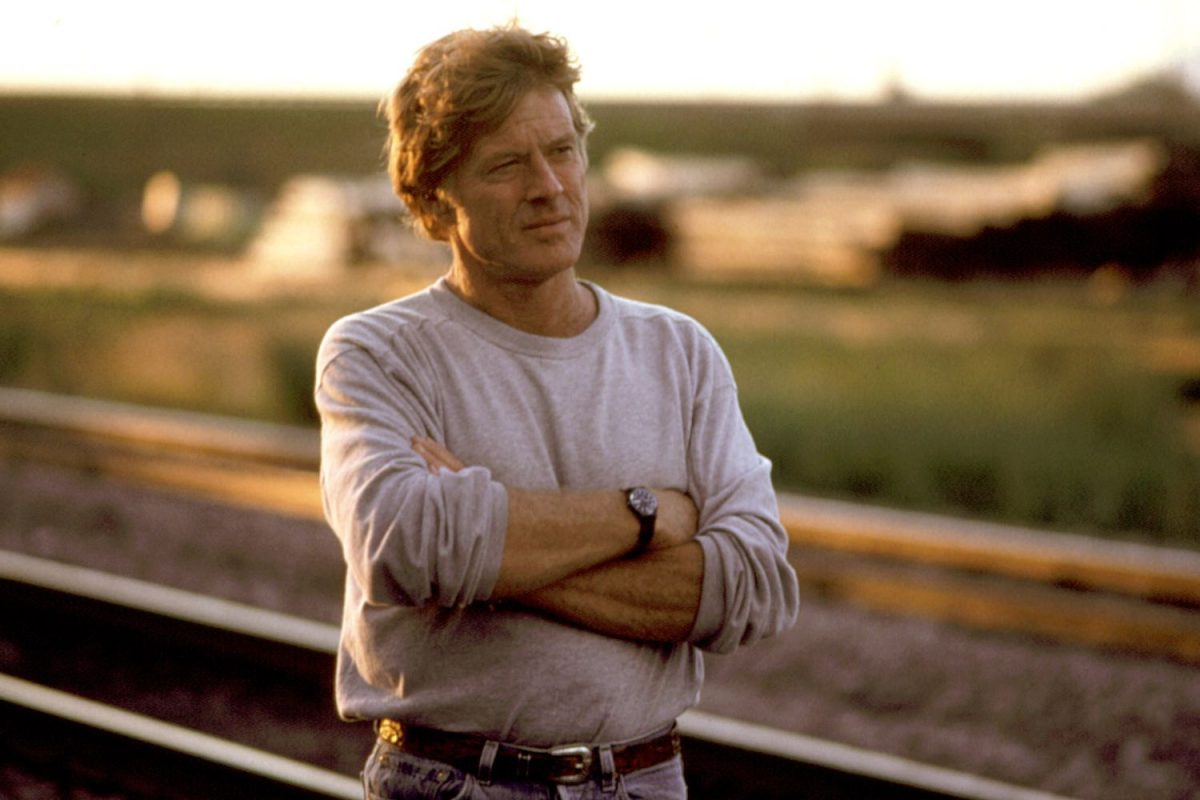
Not all of Redford’s subsequent efforts as a director were hits. “The Legend of Bagger Vance,” “The Conspirator,” and “Lions for Lambs” were all attempts at more classical storytelling that proved too turgid for modern audiences, and even his strong performance in the prison drama “The Last Castle” failed to kickstart a second act for his stardom. However, the respect that Redford had earned from his years of service both in front and behind the camera led to an interesting moment in which he reckoned with his legacy in creative ways.
There aren’t many stars that can say that their last decade was among their most interesting, as Redford capped off his directorial career with “The Company You Keep,” a profound spiritual sequel to his ‘70s political thrillers that reflected on the newfound relevance of the Weather Underground. Redford picked smart projects from young, energetic filmmakers, in which he could look back at different facets of his career; “All is Lost” was an epic survival story in which he played the film’s sole character, and “The Old Man & The Gun” offered a whimsical tale about a gentlemen bank robber who falls in love during his twilight years.
Although Redford never forgot who his core audience was, he was also willing to reinvent himself for a new generation; young film fans who were born long after Redford was already at a late stage in his career may now know him best as the sinister HYDRA agent Alexander Pierce in “Captain America: The Winter Soldier,” or as the kindly animal love Conrad Meachum in “Pete’s Dragon.”
Tributes to Redford have poured out in the wake of his passing from his admirers, collaborators, and luminaries. There are those who remembered his kind-hearted behavior on set, those who cite Sundance as the origin of their careers, and those who passed along heartwarming stories about the various favors and opportunities Redford gave throughout his time in Hollywood, as he was always someone who could “look out for the little guy.” Redford’s work will stand the test of time, but like the Sundance Kid, he has ridden out within the glory of an eternal sunrise.

